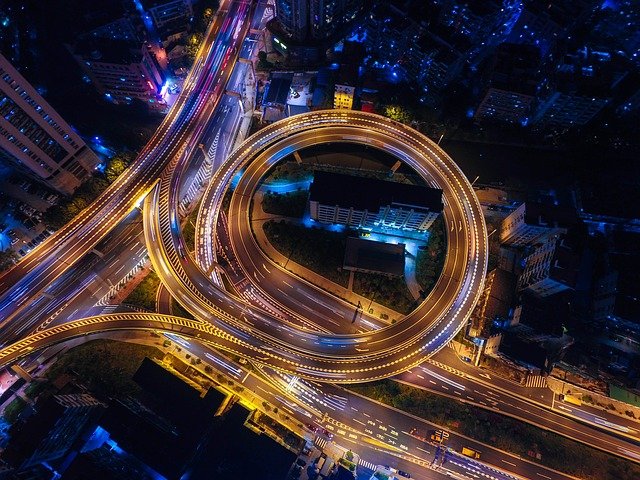A few weeks back, I wrote a blog post about Artificial Intelligence (AI). People immediately think of Terminator movies and Skynet to see how AI will eventually run or ruin our lives.
Don’t panic. We’re not going to lose our independence (write down this date, you heard it here first). AI in its current form is an aggregator of information. It can distill common elements from millions of inputs and give a result to someone making a request for information.
For example, a great use of AI is in the medical field. If lung x-rays could be digitized by the millions along with a radiologist’s evaluation of each x-ray, then an individual’s x-ray could be compared to this enormous database to see if there’s anything to be concerned about. The final judgement would rest with a radiologist and the attending doctor, but the comparison could suggest something to either confirm or rule out in the diagnostic process.
However, what’s also happening is theft. There’s a company, Stability AI, that the stock photography service Getty Images is suing after alleging Stability AI copied 12 million of their images without attribution or payment to “train” their AI system.
The business model here is simple. Digitize as many images as possible to offer a complete stock photographic service with no photographers involved. Say a person wants a photo of the Swiss Alps. AI composes one based on its archive of digitized, AI evaluated images. No photographer needed, no travel costs, no publishing rights to negotiate.
Or let’s take music. Digitize all of the Beatles music into AI. Ask AI to produce a song in the Beatles style and presto, you have “new” art.
The problem with this is, if there was no 12 million photo archive in the first place, Stability AI wouldn’t have a business model. It’s theft of the photographer’s copyright and art, pure and simple. If there’s no repercussions to this, people will stop taking photos professionally. Or, why would a recording artist continue to make music if it can be stolen, repurposed by AI and sold without their consent? Art creation as we know it would disappear, because AI companies would make it impossible for artists to make a living at it.
There are lawsuits afoot. This is all new ground in artists rights, copyright and AI.
Back in the late 90’s (oh brother, that’s 20+ years ago now) Napster made it possible to share mp3 files of music. No payment was made to the artists involved. Apple brought out the iTunes store which made it possible for people who wanted to see the artist compensated for their work to purchase the mp3 file for a small fee. Eventually, streaming services digitized millions of songs and for a “per play” fee to the artist, users had a catalogue of music at their fingertips.
But no recording artist can live on what the streaming services pay compared to the physical sales of CDs and vinyl albums. It’s fractions of pennies per play. Recording artists make their money by touring and playing before live audiences. The streaming services give their audience access to the artist’s music. The artist cashes in by performing live.
So how would this work for photography? It wouldn’t. The experience of a photo is singular, visual and individual. No one is going to pay to see a photo in a gallery.
What they will pay for is AI generated movies. It’s just a matter of time before studios digitize their biggest stars, and cast a George Clooney/Tom Cruise/Robert Redford virtual star and make a completely computer generated film. No sets to purchase. No temperamental stars to cope with. No fees to the actor.
This is the road ahead for AI. We will lose all of the creative art that makes this world a better place. Instead, all art will be determined by algorithms and studio executives that want to make the next Marvel franchise without the Marvel stars.
Or, the government can recognize that AI based on the creative output of individual artists is theft and put a halt to it. But I fear they won’t and we will end up with a very cold, sterile world.
The solution by the artists will be to keep all of their work off-line. No digital imprint at all. Live plays will flourish. Other types of personal experiential art might be created. But I don’t think it’ll substitute for the creative community we currently have.
It's still winter.

Paul, check out Global News Feb. 19, 2023, a report by Irelyne Lavery and Katherine Ward. A I and Breast Cancer: How a Canadian lab plans to use new tech to treat new patients.